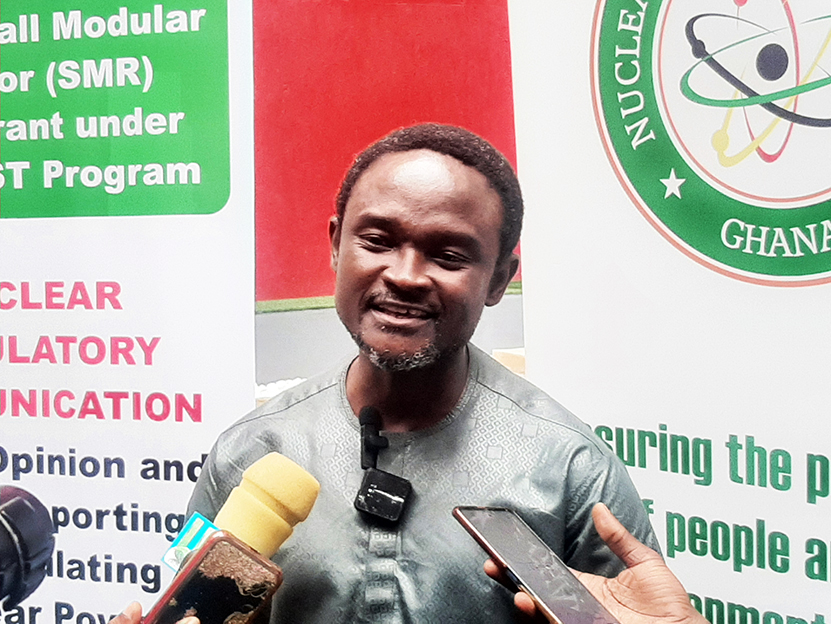
The Nuclear Regulatory Authority (NRA) has held a training session for media professionals from the Northern Zone, comprising the Ashanti, Bono East, Oti, Savannah, Northern, Upper East, Upper West and North East regions.

The training session seeks to equip media professionals on the foundational knowledge of nuclear energy and Small Modular Reactors (SMRs), while enhancing capacity on accurate, responsible, and informed reporting on Ghana’s nuclear programme and the work of the regulator.
It forms part of the implementation of the ongoing “Nuclear Regulatory Communications” project.
Prof. Augustine Faanu, Deputy Director-General, NRA, disclosed that the training was in line with his outfit’s strategy goals of ensuring stakeholder trust, respect and confidence.
He noted that NRA’s role was to ensure that human’s environment had adequately been protected from harmful effects of radiation, hence the need to sensitise the citizenry on how to protect them against its adverse effects.
He stressed the need for strong collaboration among all stakeholders, particularly the media and hoped the training would help media professionals to be appropriately informed of issues concerning reporting on nuclear regulations.
Prof Faanu further disclosed that the workshop reflected the NRA’s commitment to strengthening the relationship between them (NRA) and the media, with the aim of equipping the media with rudimental knowledge of nuclear energy to ensure accurate and responsible reportage.
He noted that in today’s world, accurate, timely and responsible communication was critical, particularly in the nuclear sector, acknowledging the influential role the media play in shaping public perception, whether reporting on development, policies, and safety.
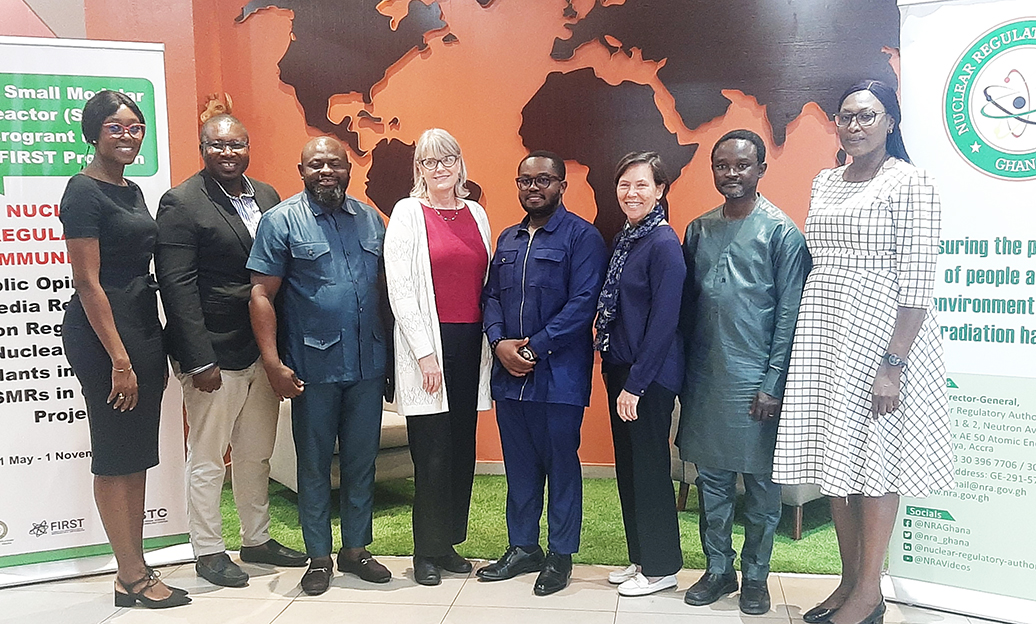
The Deputy-Director indicated that the workshop was meant to share both NRA and media respective experience from the sector, and offer an opportunity to share insights, prioritise misconception, as well as build stronger partnership to ensure a clear, official and balanced information is shared to the public.
Prof. Emmanuel Apomah-Amoako, Director, Nuclear Installation, disclosed that the NRA was developing its capability and competence, to be able to effectively discharge its duties, to regulate, review and assess submissions from applicants, for nuclear or radioactive materials, based on the requirements.
Prof. Apomah-Amoako further disclosed that NRA was working with international partners, US Nuclear Regulatory Commission who are helping with various support activities and also the European Commission, with whom the NRA runs projects (December, 2019 to December, 2026), that had taken care of NRA’s strategy, management system, human resource and regulation development.
He noted that the NRA had “opened itself up” for the international community to know what it is doing, envisaging interaction with the public, including the media, to demonstrate how effectively NRA was conducting its work.
Contrary to the Ghanaian narrative of nuclear energy being hazardous, Prof. Apomah-Amoako disclosed that it had no adverse effects, noting that the satellite image of the world at night only shows a small section being luminous, with these parts possessing nuclear energy.
Prof. Apomah-Amoako, however, indicated that though nuclear energy had no adverse effect, it must be handled with “care and appropriately”, stressing that its pros overshadow its cons, if handled appropriately.
Among the facilitators were Dr. Peter Takyi Peprah, Ghana Statistics Service; Dr. Kelle Barfield; Prof. Emmanuel Apomah-Amoako, Director, Nuclear Installation, NRA; Maureen Conley, Public Affairs Officer, US Nuclear Regulatory Commission; Dr. Sheila Victoria Gbormittah, NRA; Michael Petit Komla Mawugbe, Media Consultant, Publisher and Author; and Kofi Adu Domfeh, MultiMedia Group.
From Oswald Pius Freiku, Kumasi
The post Journalists schooled on reporting on Nuclear Energy programme in Ghana appeared first on The Ghanaian Chronicle.
Read Full Story

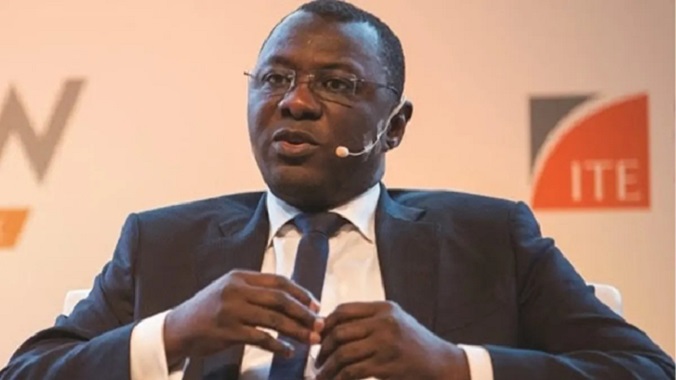

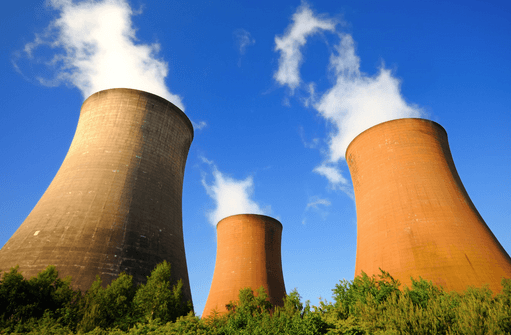


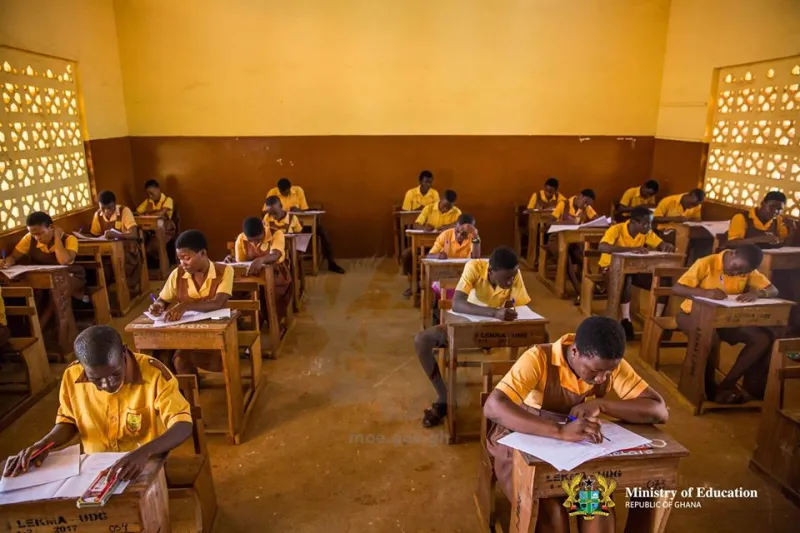





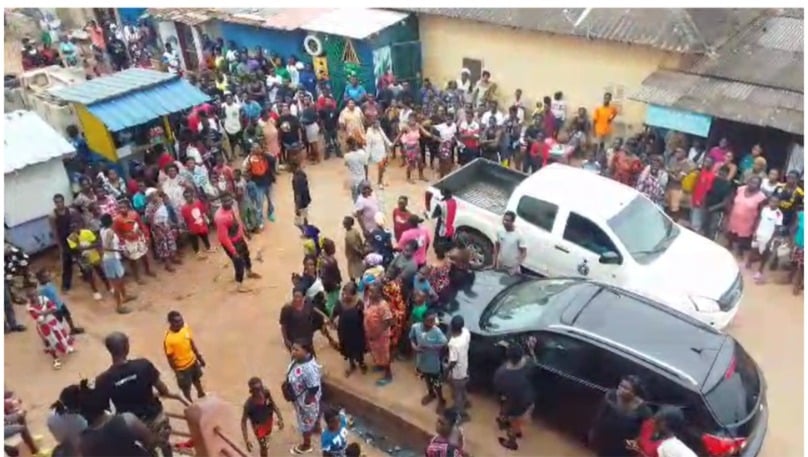
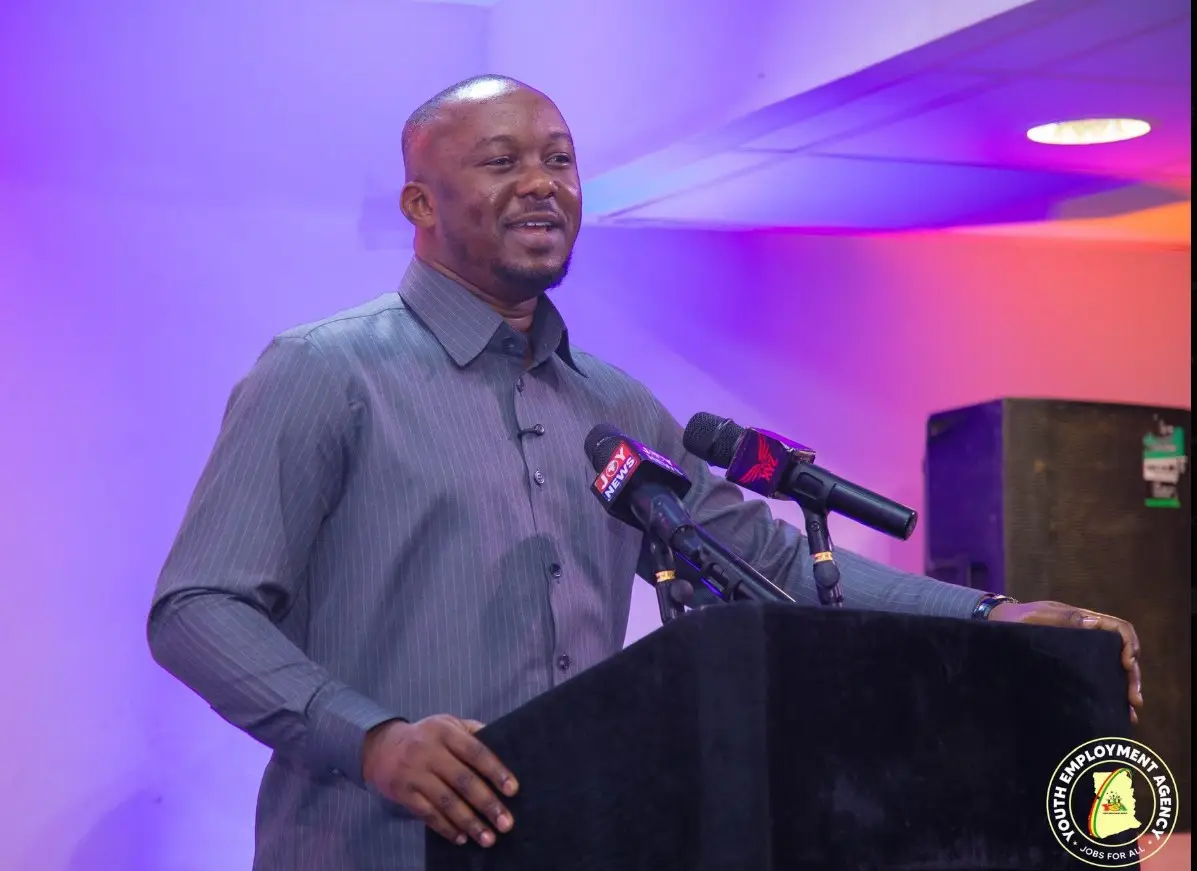


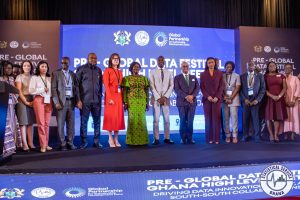

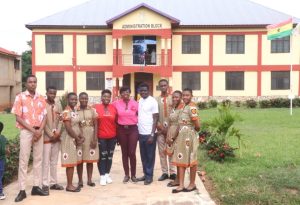

Facebook
Twitter
Pinterest
Instagram
Google+
YouTube
LinkedIn
RSS